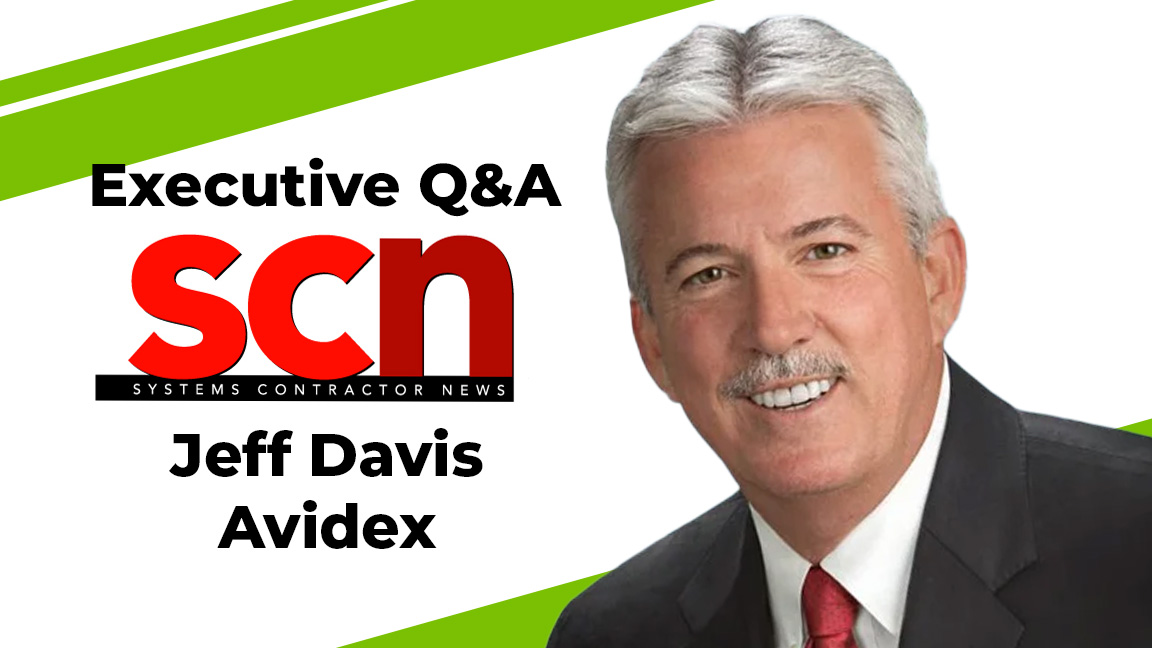In The Trenches
A daily selection of features, industry news, and analysis for AV/IT professionals. Sign up below.
You are now subscribed
Your newsletter sign-up was successful
Summertime work in K-12 schools and on college campuses nationwide can provide a barometer for the current business climate. From the sound of it, at least one region of the country is experiencing lean times.
"More customers are asking for itemized pricing, because in two seconds they can find anything online," observed Per Forsberg, president of Audio Architects in Eau Claire, WI. "This has been putting some downward pressure on our markets. But hopefully the real source of the pressure is coming from the economy, which is likely to turn around."
In the Eau Claire area, Forsberg said, budgets among house of worship and justice center clients are also tight. But above all, "our school enrollment is going down, and it continues to go down. By consequence, we're getting less state money. That's the sort of environment that we're in the middle of; so now we're seeing the biggest school district in the area laying off teaching staff."
Having survived a number of recessions and recoveries since he founded Audio Architects in 1981, Forsberg was optimistic that things will be looking up before too long. For now, he's continuing to cultivate his relationships with teaching staff and administration at K-12 schools and universities. "The state legislature is convinced that the state college system is wasting money, but these are lean operations delivering high quality product," he said.
This type of client relationship maintenance is certainly advisable in any economic climate. "What it comes down to is audio and video cannot be commoditized," emphasized David Schwartz, president of Essential Communications in New York, NY. "You can't buy a $500,000 audio/video system on the internet. You can buy plasma screens, but you can't buy a well-engineered, designed, installed system on the internet. So I think everyone needs to concentrate on customer service and delivering good products to their customers. Those are trends that you see in all the businesses around the world. JetBlue has set the standard and they have a successful bottom line and it's all based on customer service." Improved relationships with customers bolster the perception of the industry as a whole, Schwartz added.
And perception is reality on the audio side of the business, as the industry is still abuzz with reactions to Bosch's acquisition of Telex Communications. "The Bosch deal is indicative of recognition and funding that is coming to our industry," said Paul Gallo, executive director of the Professional Audio Manufacturers Alliance (PAMA). "That such a major European company wants to make a step into our industry is a very important statement." Awareness of pro audio brands and higher quality sound systems is helping to grow the business across many niches, Gallo said.
PAMA, now in its fourth year, is continuing to work with the various industry associations to add value for its manufacturer members. Research is also a top priority, as an existing microphone survey is now accompanied by quantification of mixer, amp, and loudspeaker sales. "These are very difficult things to quantify, and we're trying to expand that effort by working with more manufacturers and associations."
A daily selection of the top stories for AV integrators, resellers and consultants. Sign up below.
PAMA also took the initiative on advising its manufacturer members on European RoHS "green" directives, and it has plans to keep members abreast of similar requirements in new legislation appearing in various states in the U.S.
Also on the PAMA docket is the wireless spectrum issue that is gaining a lot of attention in Washington, DC at the moment. Meanwhile, PAMA member Audio-Technica has been working on the same issue and has designed its entire UniPoint line of mics to be resistant to interference. "We've been solving wireless interference problems on projects at just about every level, from conference rooms to the U.S. Senate," said Michael Edwards, Audio-Technica product manager, wired microphones/headphones. Edwards advises systems designers and installers to take a look at shielding and grounding schemes on all of their equipment. Be aware of new wireless technologies and how they impact installations, because it's not going to go away. With all types of RF the airwaves are only going to get more crowded, so it's got to be managed somehow."
